Theatrical Reenactment in Pindar and Aeschylus
What would pindar and aeschylus have talked about had they met at some point during their overlapping poetic careers? how do we map the space shared by these two fifth-century choral poets? in the first book-length comparative study of pindar and aeschylus in over six decades, anna s. Uhlig pushes back against the prevailing tendency to privilege interpretive frames that highlight the differences in their works. Instead, she adopts a more inclusive category of choral performance, one in which both poets are shown to be grappling to understand how the vivid here and now of their compositions are in fact a reenactment of voices and bodies from elsewhere. Pairing close readings of the ancient texts with insights from modern performance studies, uhlig offers a novel perspective on the 'song culture' of early fifth-century bc greece.
{{comment.content}}
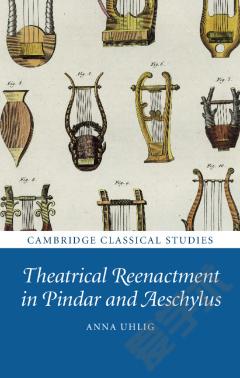
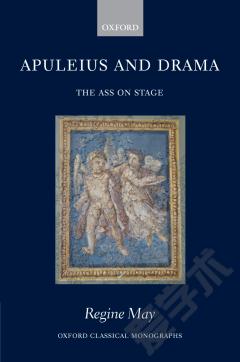

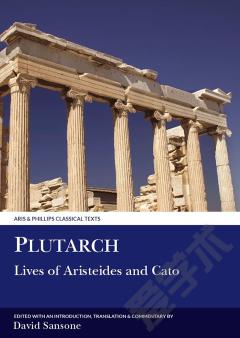
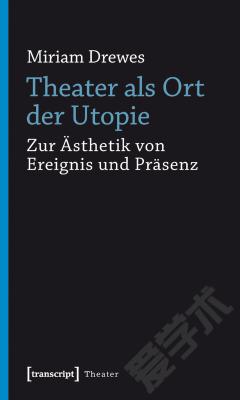

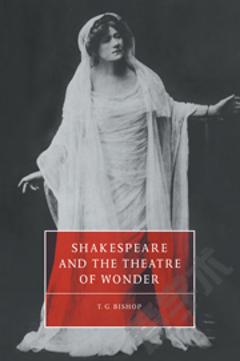

 京公网安备 11010802027623号
京公网安备 11010802027623号